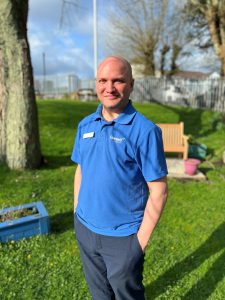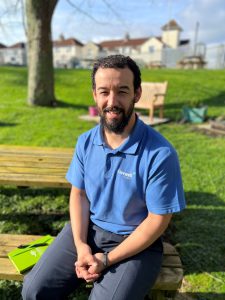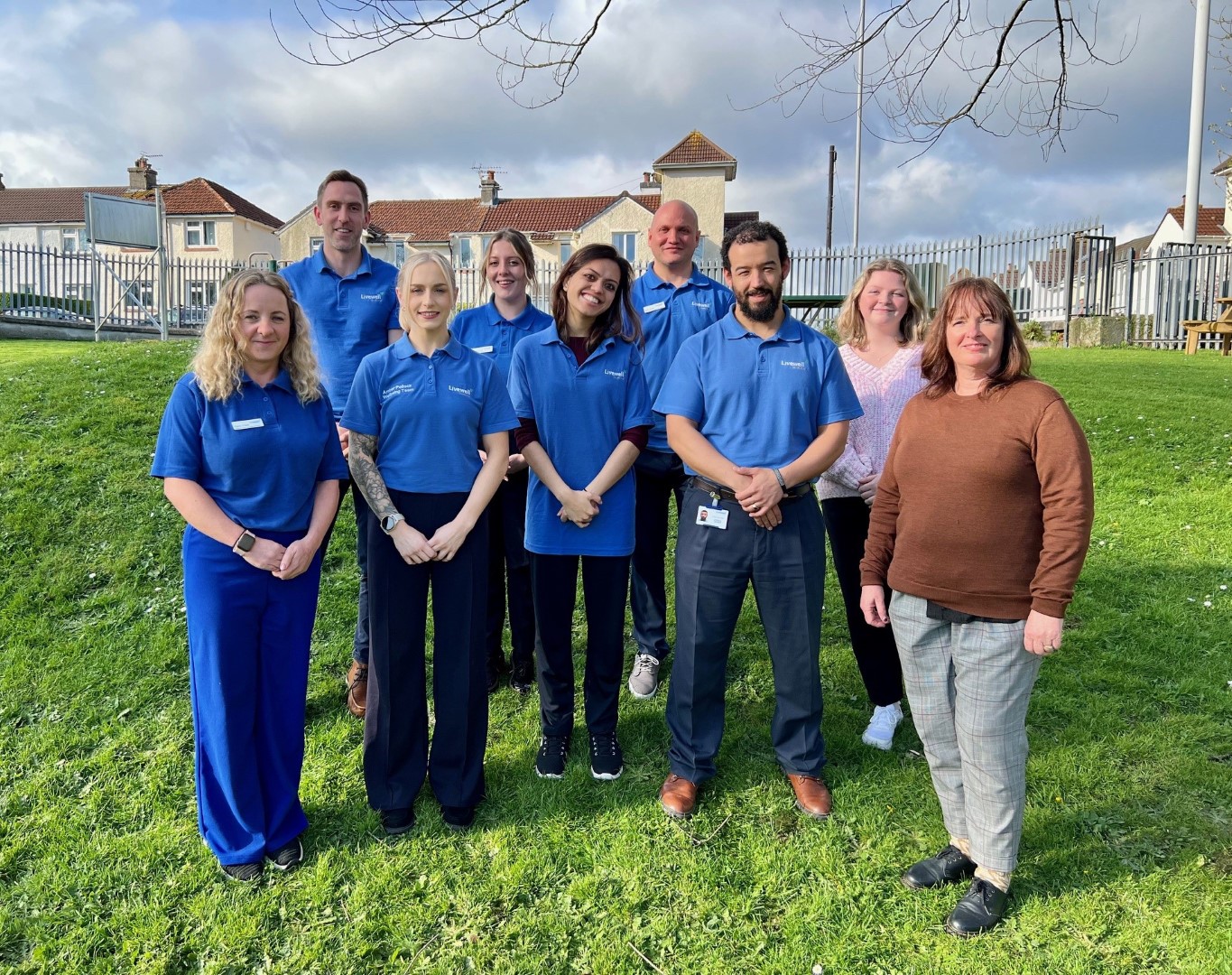A new health improvement team is offering support to frequent attendees of Derriford’s Emergency Department to help them address the concerns that are driving them to regularly attend.
The Frequent Users Support and Empowerment (FUSE) service helps people that have gone to the Emergency Department five or more times in a year. Practitioners work with them to look holistically at their life and establish where they can get them better help and support in the community. This could be, for example, organising treatment for substance abuse, attending a GP appointment with them so that their medication can be better managed or engaging in talking therapies to build their resilience and improve their mental health.
Colleen was supported by the service. “I would not be here without FUSE. It gave me the support when I needed it most. I first met Mark from the FUSE team in Derriford Hospital when I was under police custody and had two police officers on either side of my bed.
“At my worst, I was drinking two litres of vodka a day and very angry at everything around me. But since that day, I have made changes to my life. I most recently (with the support of Mark and the drugs and alcohol charity Harbour) completed a full detox for alcohol, regulated my type one diabetes and my overall health is a lot better. Mark has always gone out of his way to help me get through things and his phone is always on for me to contact him or leave a message.
“FUSE is a project that works because when you are stuck in your own head and you don’t feel you have genuine support, you feel very lost. All it takes is that one person who genuinely cares. For me, Mark contacting me and coming out of nowhere in the Emergency Department was like finding a guardian angel. FUSE is an amazing service and has the potential to help so many more people.”
Advanced Health Improvement Practitioner Mark Jones said: “We focused on Colleen’s mum and how proud of her she would be if she could turn her life around. It is amazing to see her living life now. She is full of joy; she is able to visit her mum and she has had zero visits to the Emergency Department.”

Mark Jones, Advanced Health Improvement Practitioner
Latest data shows of those discharged from the service in September 2023, their attendances to the Emergency Department reduced by 75% from 116 to 29 in March 2024. During the same six month period, there was also a 74% reduction in call outs for the South Western Ambulance Service.
Advanced Nurse Practitioner Paula Luke leads the FUSE team. She said: “No-one goes and sits in the Emergency Department for ten hours if they don’t need something or they are happy. What we do is find out what is making them unhappy and solve those issues.

Paula Luke, Advanced Nurse Practitioner
“It is very difficult to tackle your problems if you think you are the only person having to do it. If you have got somebody to walk beside you and point you in the right direction, then it gives you the strength to lift yourself out. That also becomes self-perpetuating because the client then becomes more confident and they are willing to try something on their own.”
This work is part of the Healthy Lives Partnership, a collaboration between University Hospitals Plymouth NHS Trust and Livewell Southwest. It aims to bring about the benefit of joined up care for people in Plymouth, West Devon and the South Hams.
Practitioners help people to re-engage with services provided by different agencies from the voluntary sector such as Elder Tree and Age UK, through to GPs and South Western Ambulance Service.
Senior Health Improvement Practitioner Tristan Merrifield said: “With our help, these individuals are going on to thrive in their lives, as opposed to just going through the revolving door of the NHS.”

Tristan Merrifield, Senior Health Improvement Practitioner
Livewell Southwest’s Deputy Chief Operating Officer Sara Mitchell said: “The FUSE team are offering something very new in terms of seeing people who attend the Emergency Department a minimum of 5 times in one year. The service, which is bespoke for each person, enables consistent engagement and proactive support with a practitioner who works using a very flexible approach to address life challenges.
“Early indications are encouraging, suggesting that this model is very successful in working with a wide range of people.”


